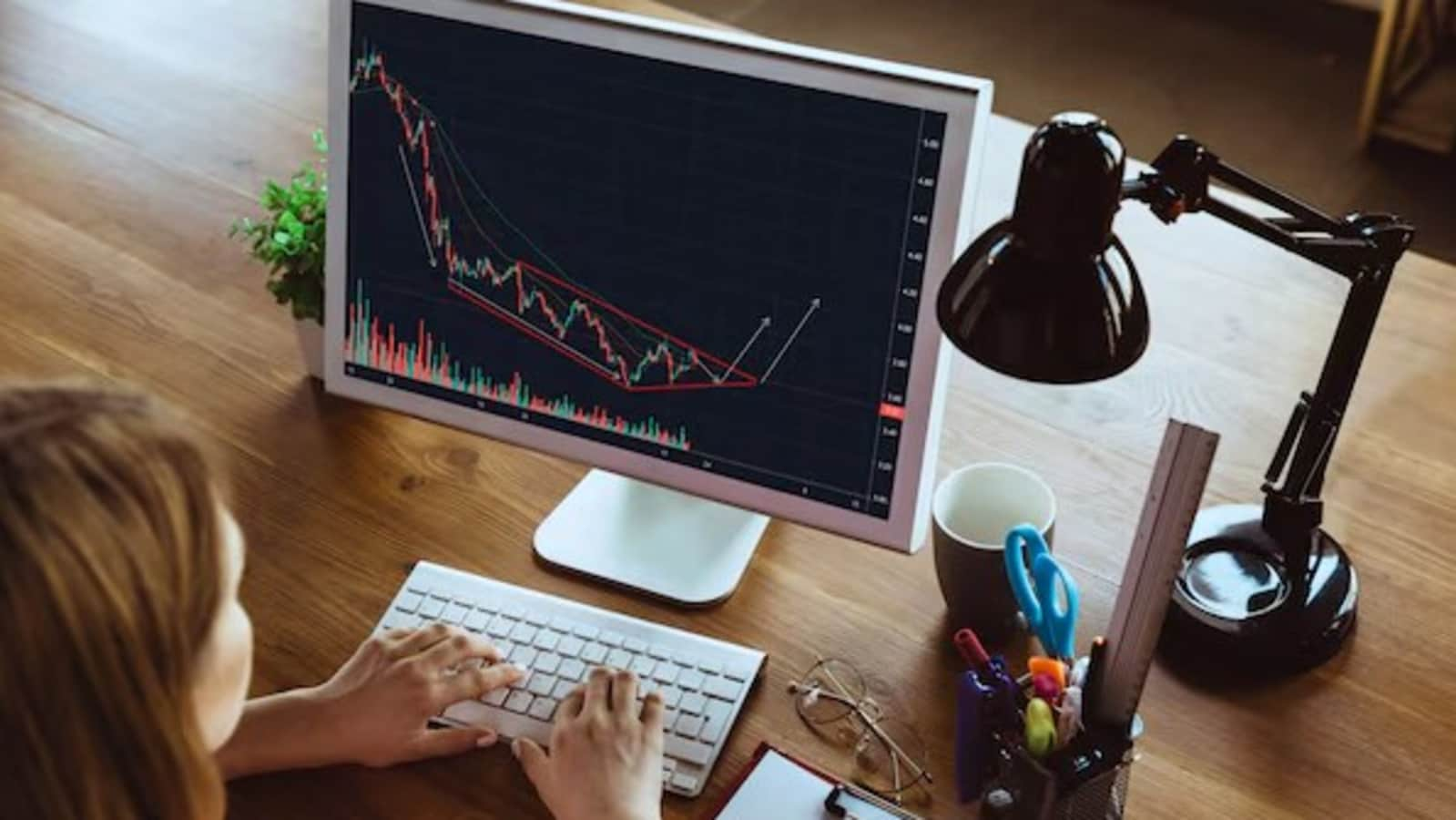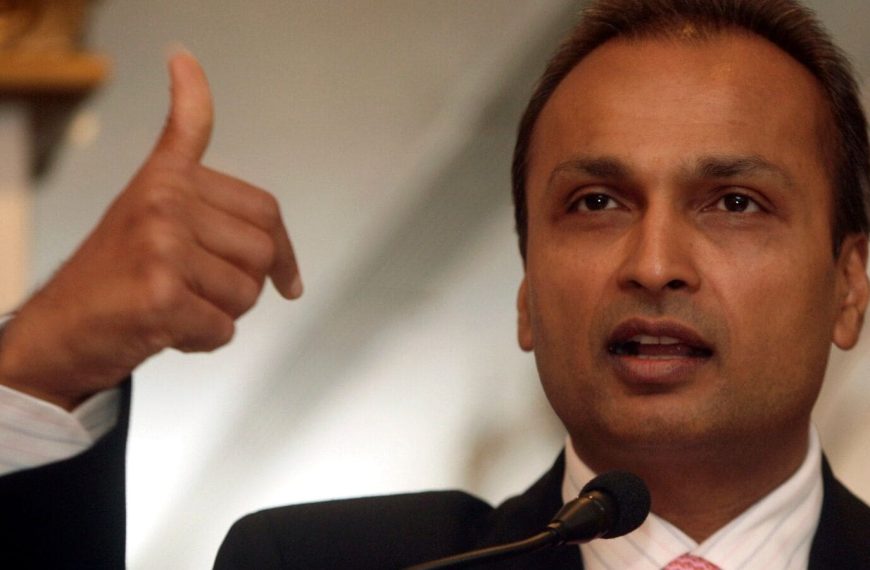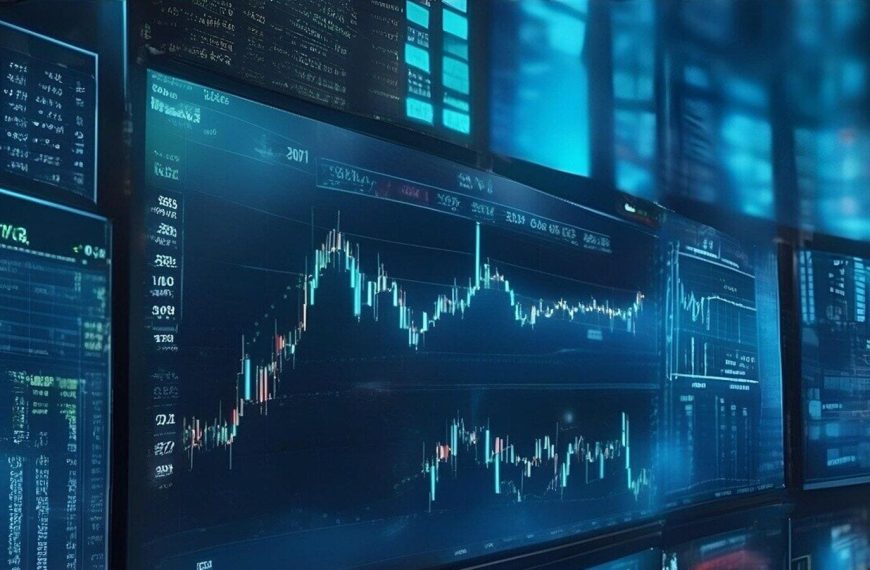In the wake of recent market fluctuations, hedge funds are recalibrating their strategies, leading to a notable selloff among investors. Rajeev De Mello, a portfolio manager at Gama Asset Management SA, explains that this shift is largely due to investors reducing their risk exposure and cashing in on existing profits. As the end of the quarter approaches and with new tariffs anticipated for early April, further declines could be on the horizon.
Hedge Funds Pull Back in Asia
Goldman Sachs reported a significant drop in hedge fund positions across Asia, marking the steepest decline in four years. This downturn was primarily driven by investors in developed markets, but China played a key role in the emerging markets sector, with hedge funds notably reducing their bullish bets.
- Key points:
- Largest drop in hedge fund positions in Asia since 2019.
- Significant reductions were observed in China, highlighting a cautious market sentiment.
Geopolitical Tensions Affect Market Stability
Meanwhile, Ukraine’s dollar bonds experienced a setback as Russia announced the expulsion of Ukrainian troops from Sudzha, a strategic town in the Kursk region. This development moves President Vladimir Putin closer to his objective of completely removing Ukrainian forces from Russian soil.
Eastern European currencies also took a hit, as comments from a Kremlin aide indicated that Moscow is seeking a long-term resolution with Ukraine rather than a temporary ceasefire, according to reports from Interfax.
Economic Pressures in Eastern Europe
In Serbia, the central bank opted to maintain its benchmark interest rate for the sixth consecutive month amid ongoing inflationary pressures. The country is currently navigating significant political unrest, with protests marking the most intense demonstrations in a decade.
In neighboring Romania, inflation rates unexpectedly rose last month, further complicating the political landscape.
- Highlights:
- Serbia’s interest rates remain steady despite inflation.
- Romania faces rising inflation amidst political challenges.
As the situation develops, it remains crucial for investors to monitor these geopolitical and economic trends, which will undoubtedly influence market dynamics in the coming weeks.











